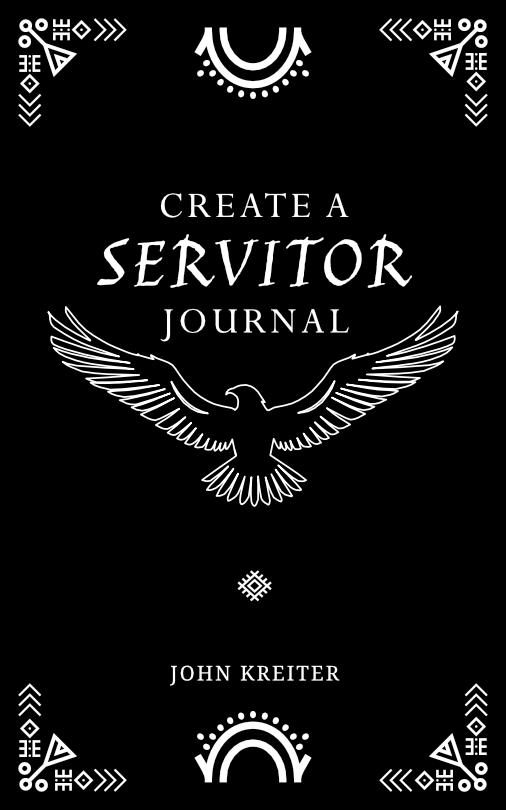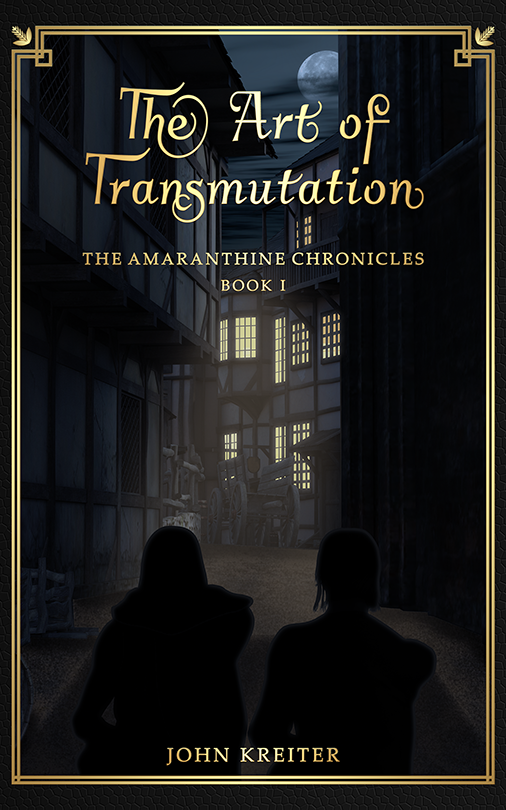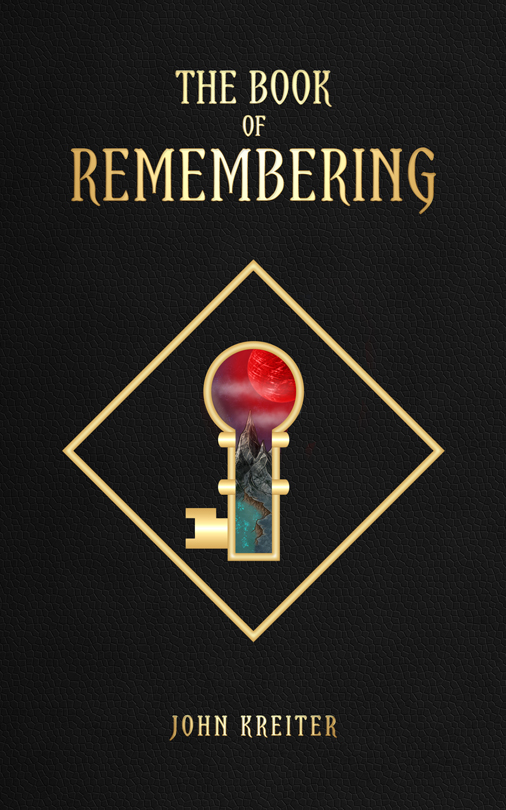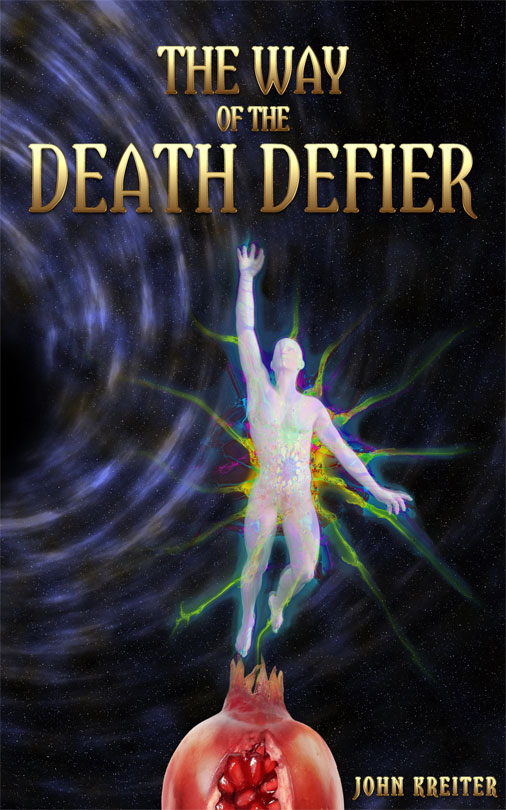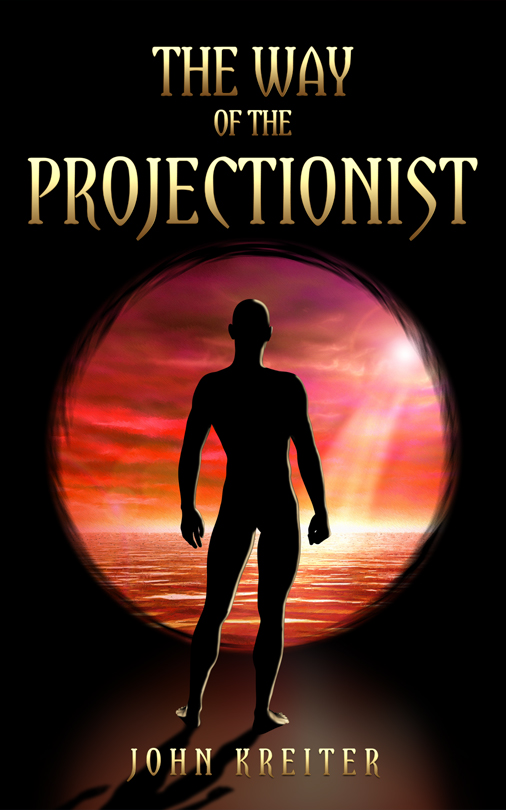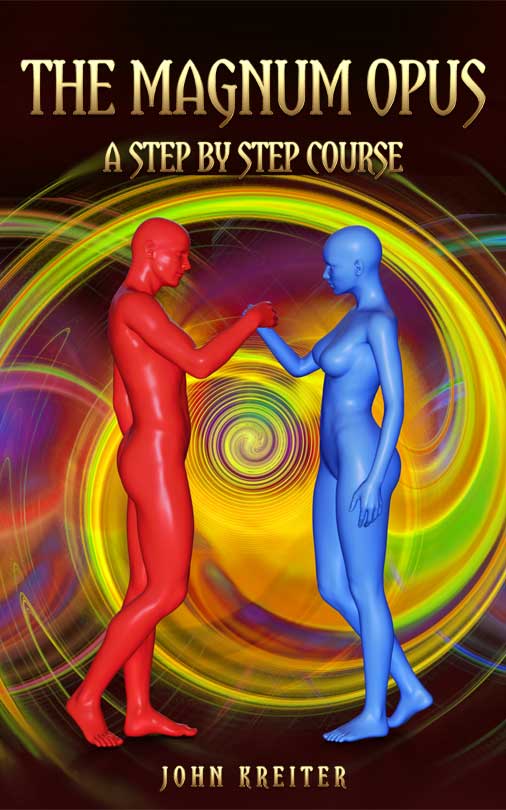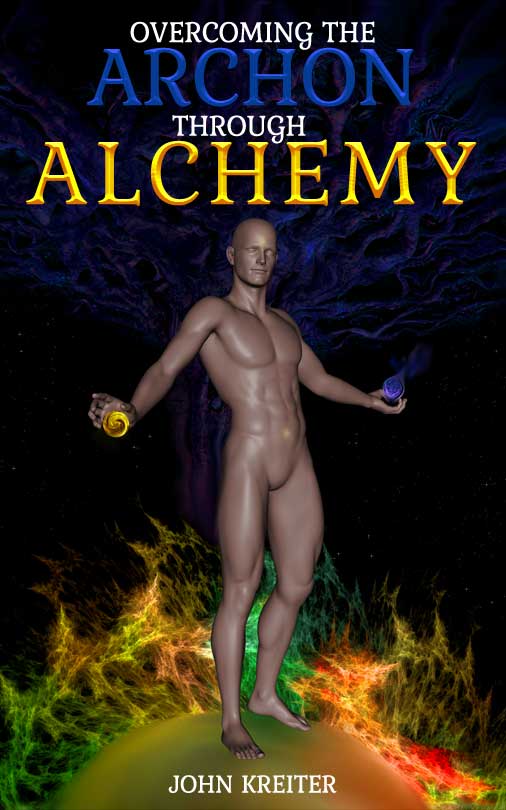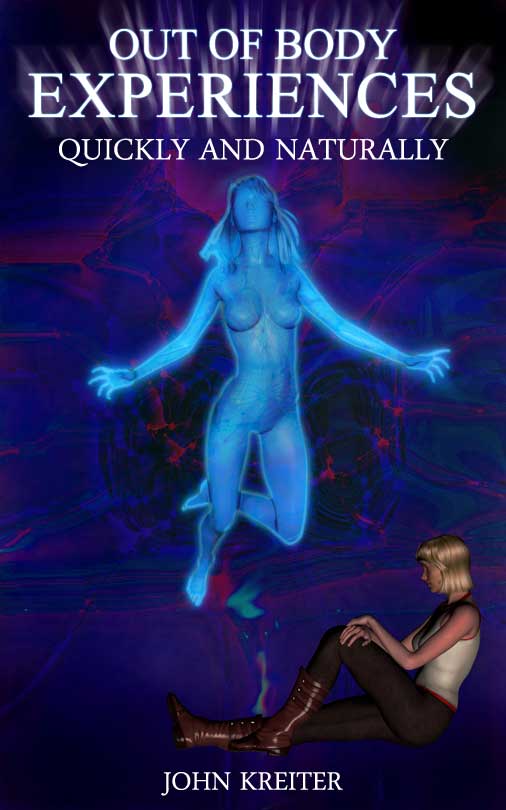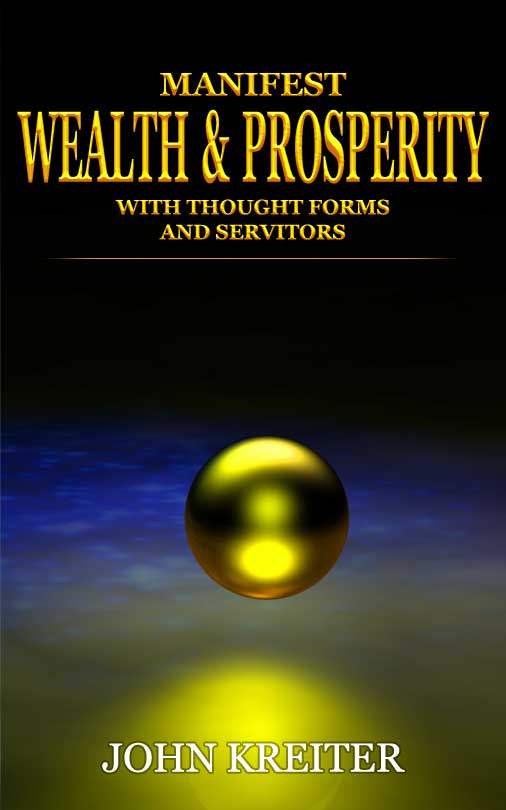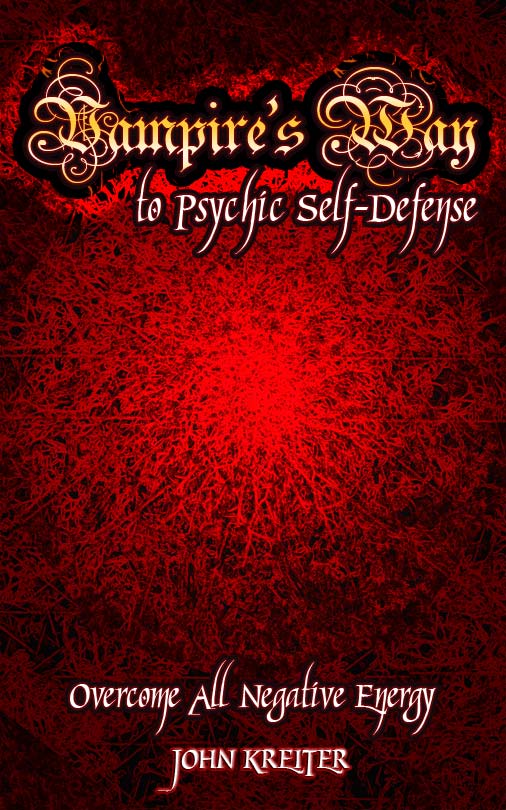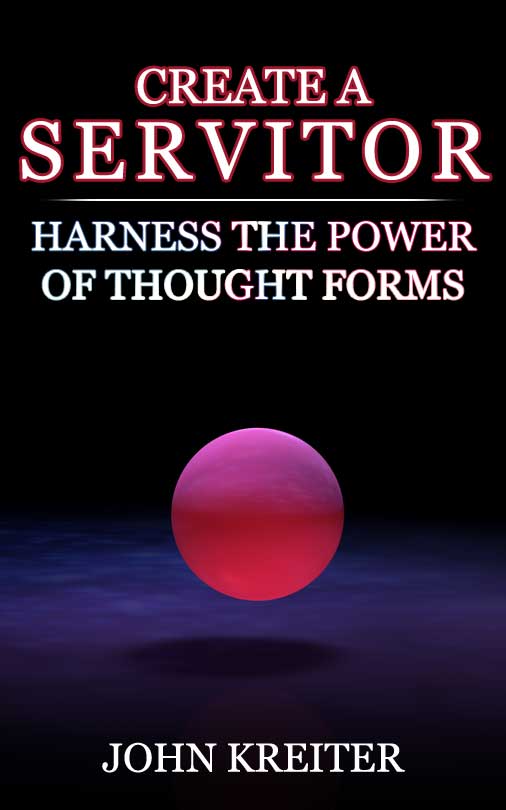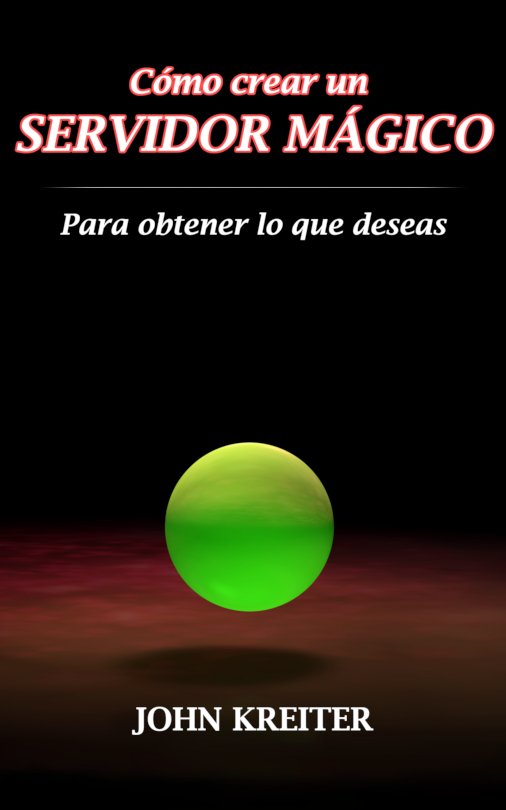As I have told you before in other articles, your beliefs are the most important things that shape your reality. This reality of course extends to money; how much you have, how well you live, and what you are currently doing to get it.
If you do find yourself in a difficult financial situation therefore, it’s most important that you examine your beliefs about money and wealth in general. You can develop new beliefs that will help you accumulate money. For example the belief that you can make ...
Continue reading...
Many are starting to realize that they do have control over their future. That they can manifest things in their lives and that their conscious mind can affect the world around them. Unfortunately the amount of information out there can sometimes be overwhelming and it is difficult to know where to begin. There are also those out there that would give you answers that are less than truthful; like I’ve said many times a half truth is the most insidious of lies.
One of the many questions ...
Continue reading...
In the last article, we had discussed how ingestion alone will not allow you to acquire all the energy that you need in order to stay healthy. We are conditioned to think that all of the energy intake that we need has to come through some kind of food or drink and as a result we tend to believe that this is the only way that we will get the energy that we need to stay healthy and strong. The reality of the situation though is that there are different ways to acquire this energy and even thoug...
Continue reading...
Many people would love to begin to do something meaningful with their lives. Many feel that they have a special contribution to make but that they haven’t yet been given the opportunity to make this contribution. You must realize though that it is quite possible that you could be doing your life’s work right now if you learn to focus on how you feel.
You can recognize when you’re doing what you really are meant to do because when you are doing it you feel alive and full of e...
Continue reading...
Sometimes we seek an answer to a question but we are never able to find the answer that we need. It is possible that the answer was correct but because words can be so subjective, sometimes these words are not enough to give us the answers that we are looking for.
I saw this video of a man posing a question to Abraham Hicks a little while back. I found this man to be incredibly articulate and his question to be one of the most powerful and interesting questions that was ever asked of Abraham....
Continue reading...
There is a very powerful energy that many people are beginning to work with. This energy is usually referred to as ‘love’ energy and can be equated with the warmth of the heart that we feel for someone we love. This is indeed a type of great energy and must be separated from the petty sentimentality’s of the ego which is a completely different thing altogether. This energy is beyond man and exists as a type of internal nourishment and cohesive power that helps connect all the things aro...
Continue reading...
Quite often faith is given a bad rap. But like anything else faith takes on different connotations depending on how you define it. Essentially our definition of different things, and words in particular, depends greatly on how we frame them.
Some people for example believe that faith is some kind of religious word; it is very difficult for them to see faith outside of some kind of religious worship. Some people, especially in this day and age, tend to view faith has some kind of positive New ...
Continue reading...
Very few people are aware of the kind of energy that they have. For the most part they tend to become aware of their energy level when becomes really low, in which case they are usually looking for a power drink or a cup of coffee. The reason for this is that most people tend to believe that their energy level is a direct result of their metabolism only.
While it is true that the kind of foods you eat and how much you eat tend to greatly affect your energy levels, your metabolism is not the o...
Continue reading...
Why is it that when we were children we seemed so far more understanding and wise? It is a common response, and in some ways true, that our simple joy really came from the fact that we were so mentally guileless at that age. That we did not know the horrors of the world and that we were literally naked babes upon the land.
This can explain many things about a child’s nature and a child’s vulnerability, but it does not explain the full extent of it. If you remember back, truly reme...
Continue reading...
As we all know it is quite difficult to stay relaxed in some situations. We all have a certain physiological response under certain circumstances which makes it quite difficult for us to maintain composure. While this physiological response can be quite helpful if we ever find ourselves in a dangerous situation, it can be quite detrimental (supposedly) under modern normal social circumstances. This physiological response is colloquially referred to as the ‘fight or flight’ response.
How it wo...
Continue reading...
Have you ever been called a complainer in the past? I sometimes get told that I am sometimes a complainer. I tend to look at things in the world about me and I find many things that are wrong or things that I would do better. But I sometimes ask myself why is it that I can see things so clearly when I judge them so, and can find so many ways to fix a problem, but when it comes to my own life there are many areas in which I cannot see as clearly?
If this is your problem or if you have ever won...
Continue reading...
So what is it that takes you from a life of drudgery to a life of fulfillment? Have you ever noticed that there are two types of people in the world;
1) the first kind seem to go to a job they do not like in order to pay their bills and/or in order to satisfy some kind of social requirement. These people tend to have low energy and they tend to feel that their lives are an endless repetitive cycle. The lucky ones use their families or some external activities to try and find meaning and passi...
Continue reading...
A Servitor is essentially a servant that you create in order to do your bidding. It is a creature created on the astral plane that performs a certain task which you require.
I am going to show you how to make a Servitor so that you can use it in order to help you. This is my version of creating a servitor, it is the John Kreiter special which means that it is in some ways simpler but also a far more powerful method of creating an astral being for your purposes.
A servitor could be used to:
G...
Continue reading...
Constipation can be a very difficult thing to deal with. This type of irregularity can make you feel very uncomfortable which can affect all aspects of your life.
Constipation is basically infrequent bowel movements. Your stool is usually hard and it’s difficult to pass through your system. Never judge your bowel movements against someone else though because what is infrequent for one person might not be frequent for someone else. I think a good rule is that if you have less than two bo...
Continue reading...
The law of attraction is a big deal for many people. Indeed it has become a very big North American cultural icon that has changed the way many people go about their lives. This is no small thing because it means that many people are starting to take conscious notice of the thoughts that go through their minds, taking responsibility for these thoughts because a growing number of people are beginning to believe that these thoughts directly influence the reality that they perceive.
Theories in ...
Continue reading...
We are a ‘symbological’ creatures. Our entire world is based on our ability to create symbolism in order to explain our perceptions to ourselves and to others. Symbolism plays such an important role in our lives that I think it would be fair to say that without it we would not be able to exist as we do. In order to make this point clear, let us contemplate typical human perception:
If you were to close your eyes for 5 seconds and then open them to look at all the things around you, you would ...
Continue reading...
The one thing that has caused the most grief in the world, can arguably be said to be limited thinking. The problem with many seems to be their ability to only see things in black and white. That is most people tend to only see things in one or the other extremes and they fail to realize that such extremes do not exist.
The more that we understand the reality around us, the more that we realize that there is no such things as ultimate extremes. A good example of this is black and white and as...
Continue reading...
Have you ever heard of a mission statement? I am certain that if you know anything about large corporations or you have worked for one yourself, you know that most of these organizations have a mission statement. A mission statement is basically a definition of who you are and what you are going to accomplish, more than this it is a definition of how you will meet the challenges that you face by defining the values that you wish to exemplify.
When we are young the last thing that we think abo...
Continue reading...
Motivation is one of those things that seems to go in cycles. Sometimes we are highly motivated to do something and then there are other times when we just don’t seem to have the energy to do anything at all. Motivation is an internal sense, or it might be better to say that it is an internal feeling that propels us to take action. While many might say that it is discipline that creates motivation through initial action, it is indeed the case that there can be no positive action without...
Continue reading...
Spare time is something that we all seem to be having less and less of lately. The hustle and bustle of life can get the best of you if you don’t take the time to make the time for yourself. If you consider the fact that you sleep for one third of your 24-hour day and that you work on average between 7 to 10 hours a day; you actually have in between 6 to 8 hours of free time. So during a 24-hour period, you might have six hours a day to yourself, and this does not include any time that ...
Continue reading...

